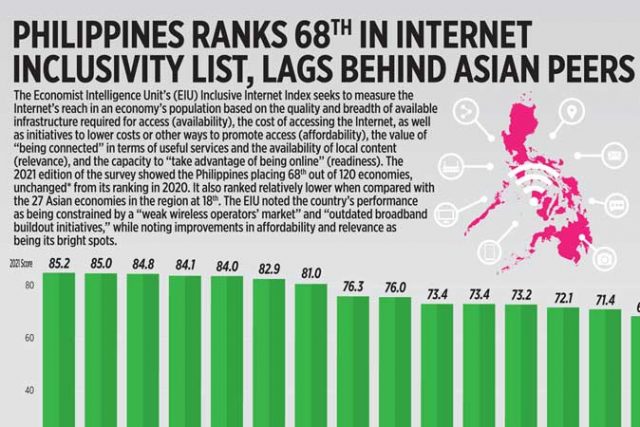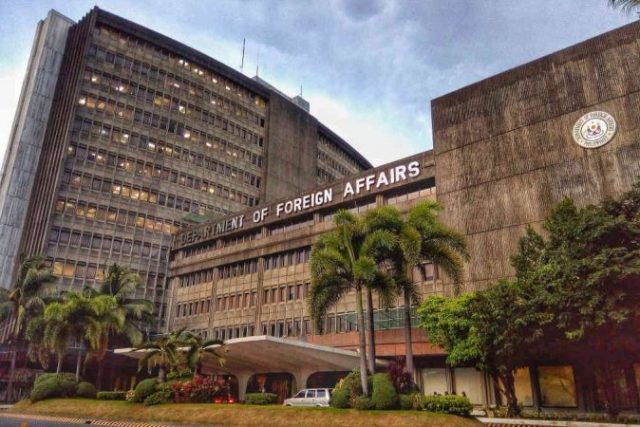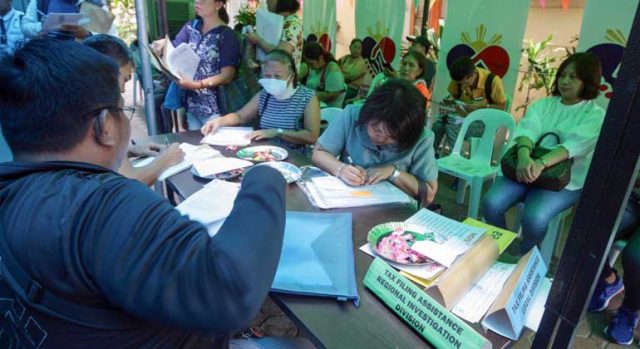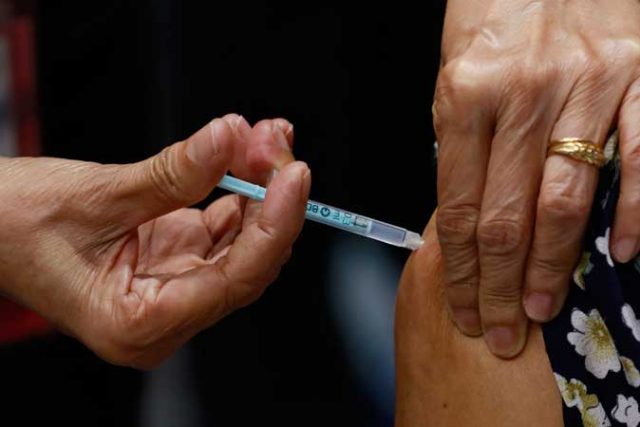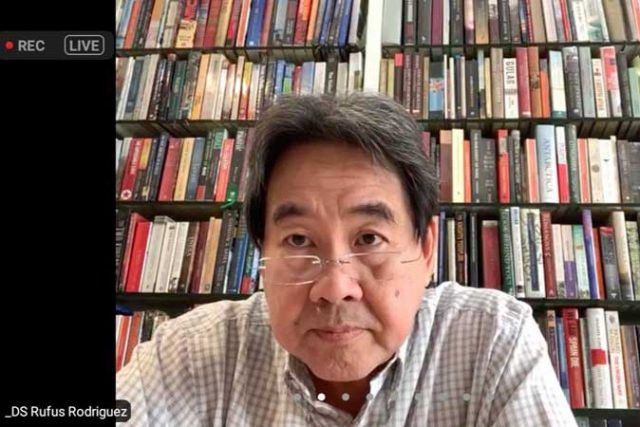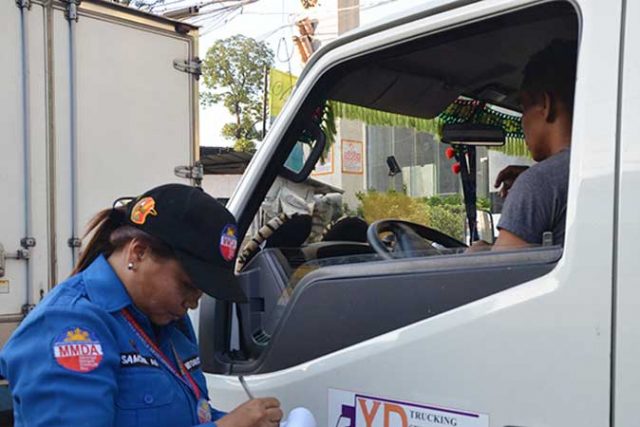Dining In/Out (05/20/21)
SaladStop! offers Cauli-fornia Dreamin’ Salad
SALADSTOP!’S latest for the summer is the new Cauli-fornia Dreamin, a mix of romaine lettuce, red and white cabbage, cauliflower cheese patty, baked mushrooms, broccoli, cherry tomatoes, carrots, avocado, and peanuts, all tossed with a Lemongrass Turmeric dressing. Unique to this seasonal salad is the cauliflower cheese patty made with three types of cheese: parmesan, cheddar, and feta. The Cauli-Fornia Dreamin’ Salad is available at all SaladStop! branches in Metro Manila and Cebu. This limited offering is available in both wrap and salad variants for P365 until June 28. Learn more about SaladStop! and the nutritional information of its salad bowls and wraps by visiting www.SaladStop.ph. Updates are also up on @SaladStopPH on Instagram. There are SaladStop! branches at Central Square, Power Plant Mall, Greenhills, Glorietta 2, Burgos Circle, Alabang Town Center, Salcedo Village, Ayala Center Cebu, SM Megamall, SM Mall of Asia, U.P. Town Center, Robinsons Cyberscape Gamma, Oakridge Business Park Cebu, TriNoma, and Ayala North Exchange.
Kenny Rogers Roasters launches online delivery website
KENNY Rogers Roasters launched an online delivery website — https://kennyrogersdelivery.com.ph — this week, that can be accessed via desktop, laptop, tablet, or mobile phone. One can order from any Kenny Rogers store near you, and skip queues and waiting times by placing your order days in advance. The website also offers a wide range of payment options — pay with online wallets like PayMaya or GCash, with a credit or debit card, or with cash upon delivery. To celebrate the launch, Kenny Rogers Roasters has a Buy 1 Take 1 Half-Dozen Promo on its Kenny’s Corn Muffins. The promo is exclusively available for online orders until May 23. For details on other promos, follow Kenny Rogers Roasters on Facebook and Instagram to be notified.
Marvin Agustin tries Singaporean cooking on YouTube
SINGAPORE is a top-of-mind destination for its melting pot of flavours and unique dining experiences. From fine dining restaurants helmed by multi-awarded celebrity chefs, to family owned heritage restaurants serving local fare, Singapore is always a hit among Filipino foodies. And while people wait for borders to open, they make up for the wanderlust by satisfying the craving with different recipes from around the world. So here comes celebrity and restaurateur Marvin Agustin set to whet the appetites of Filipinos with the flavors of Singapore through a YouTube series, Singapore Reimagined. Done in collaboration with the Singapore Tourism Board, Mr. Agustin is joined on the show by Singaporean chef Bjorn Shen, where the two discuss the Lion City’s popular cooking style, zi char (it directly translates to “cook and fry”). As part of Singapore’s tourism campaign, the web series will have Mr. Agustin and Mr. Shen reimagining zi char recipes such as Cereal Prawns, Coffee Pork Ribs, and Seafood White Bee Hoon. Mr. Agustin will make the Singapore Reimagined-featured zi char dishes available in his restaurant, Secret Kitchen, starting this May. Singapore Reimagined series can be found on VisitSingapore’s YouTube channel: https://youtu.be/a7k0zFczMiM.





